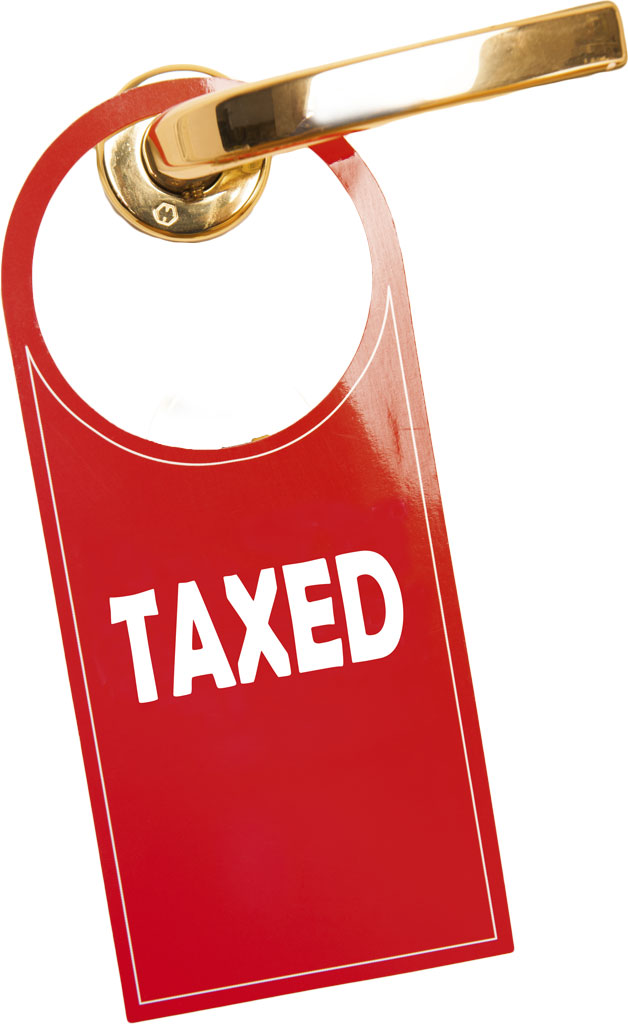
The Supreme Court held that the bedroom tax is discriminatory, but only in part, notes Admas Habteslasie
- Majority uphold secretary of state’s ability to rely on specified discretionary payments for people with disabilities in general.
- Distinctions regarding two classes of claimant are unjustifiable.
- Scheme does not breach government’s equality obligations.
The Supreme Court handed down its decision in R (Carmichael and Rourke) v Secretary of State for Work and Pensions [2016] UKSC 58, [2016] All ER (D) 56 (Nov) on 9 November 2016. The decision concerned a number of appeals against the controversial “bedroom tax” imposed by the 2010-2015 coalition government by the insertion of a new reg B13 into the Housing Benefit Regulations 2006. Regulation B13 reduced the housing benefit payable to claimants where the claimant lived in a house where the number of bedrooms in the home exceeded the number to which they were entitled. Such claimants were, however, able to seek the payment of housing benefit without this reduction by applying through a discretionary housing payment scheme (DHP).
Main question
The





.tmb-mov69x69.jpg?sfvrsn=961ae4db_1)
95ca96e3d47f4eff8d147c4f0df17c77.tmb-mov69x69.png?sfvrsn=3db5d86b_1)

